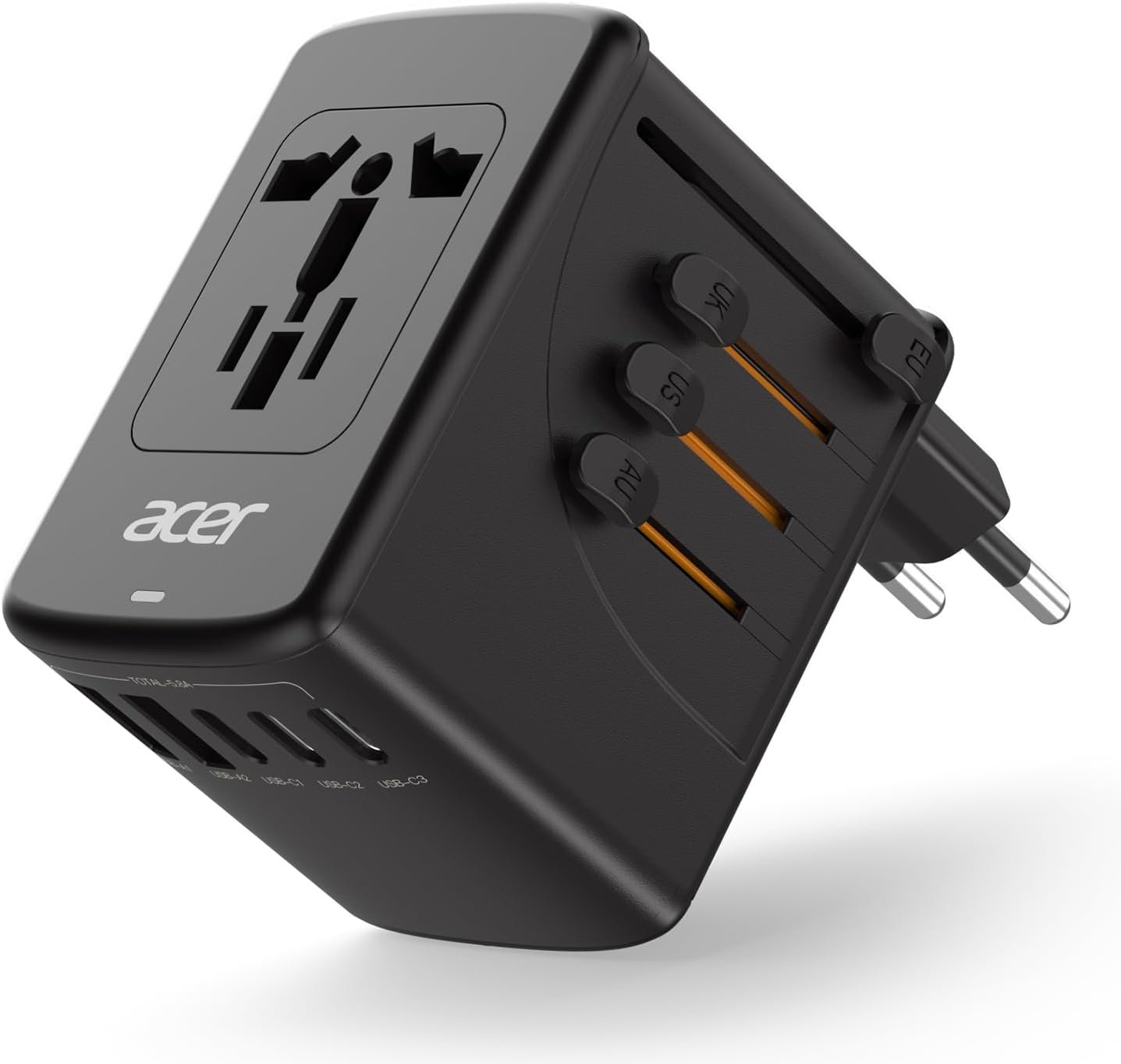The Land of the Rising Sun. Japan is a nation that captivates the world with its unique blend of ancient traditions and futuristic innovation. From the bustling streets of Tokyo to the tranquil temples of Kyoto, it’s a dream destination for many. But for a Ghanaian, the thought of traveling and, more importantly, working in Japan can seem like a distant, complex dream.
We’re here to tell you that it’s not. With the right information and preparation, this extraordinary journey is within your reach. This comprehensive guide will walk you through the essential steps, from securing a visa to navigating the job market and embracing the Japanese way of life.
1. Understanding the Visa and Immigration Process
The first and most critical step is understanding the visa requirements. For Ghanaians, a simple tourist visa does not permit employment. To work legally in Japan, you’ll need a specific work visa.
- Types of Work Visas: The type of visa you need depends on your qualifications and the kind of job you secure. Common categories include:
- Highly Skilled Professional Visa: For individuals with specialized skills, such as IT engineers, researchers, and financial professionals and more.
- Other Skills Visa: For individuals with specialized skills, such as cleaners, construction workers, factory workers, social workers and many others
- Engineer/Specialist in Humanities/International Services Visa: A broad category for roles like IT specialists, designers, language instructors, and business consultants. This is one of the most common visas for foreigners.
- Intra-company Transferee Visa: If you work for a company in Ghana with a Japanese branch, this visa allows you to be transferred.
- Application Process from Ghana: Your visa application will be handled by the Embassy of Japan in Accra. The key is to have a confirmed job offer from a Japanese employer who will sponsor your visa. The employer will provide you with a “Certificate of Eligibility,” which is a mandatory document for your visa application. This certificate is the green light from the Japanese government that you are eligible to work.
Trustworthy Tip: Be wary of any “agencies” or individuals who promise to get you a job and visa for a large upfront fee. A. Always verify the company’s registration and check with the Embassy of Japan in Accra for the most accurate and up-to-date information.
2. Navigating the Japanese Job Market as a Ghanaian
The Japanese job market is competitive, but there are growing opportunities for skilled foreign workers. Your prospects will be significantly higher if you have skills in high-demand fields.
- High-Demand Sectors: Look for opportunities in:
- Information Technology (IT): Japan has a high demand for software developers, AI engineers, and cybersecurity experts. Many of these roles don’t require native-level Japanese, as the working language is often English.
- Education: Teaching English is a classic entry point. Schools, from private language academies to public institutions, are often looking for native or fluent English speakers.
- Tourism and Hospitality: As Japan’s tourism sector expands, there is a need for multilingual staff in hotels, restaurants, and tour companies.
- Manufacturing and Engineering: Japan’s industrial giants frequently recruit foreign engineers.
- Where to Look for Jobs: Miafrica
Trustworthy Tip: A well-crafted resume and cover letter are crucial. Japanese resumes often have a specific format but do not worry, that is why were are here to handle everything from beginning to the end.
3. The Cultural Experience: Blending Tradition and Modernity
Moving to Japan is not just about a new job; it’s about a new way of life. The culture is a beautiful and complex tapestry that requires an open mind and a willingness to learn.
- Work Culture: Japanese work culture is known for its discipline, respect for hierarchy, and emphasis on group harmony. Punctuality is paramount, and formal greetings are a sign of respect. Embrace the concept of “ganbaru” (doing your best) and be prepared for a strong sense of community with your colleagues.
- Daily Life and Etiquette: Learn basic Japanese phrases, even “hello,” “thank you,” and “excuse me” will go a long way. Be mindful of cultural norms like bowing, removing your shoes indoors, and using two hands when exchanging business cards.
- The Ghanaian Community in Japan: You are not alone! We will connect you to a small but growing Ghanaian and wider African community in Japan. These networks can be a great source of support, from social gatherings to practical advice on everything from finding familiar food ingredients to navigating local bureaucracy.
Your Journey Begins Now
The path from Ghana to Japan is one of adventure, learning, and immense personal growth. While it may seem daunting, every great journey begins with a single step.
Japan offers a world of opportunities, higher earning potential, and a safe, stable environment. For those with a dream and the dedication to pursue it, the Land of the Rising Sun is waiting to welcome you.
Are you ready to begin your journey? Start with the Jobs below
Current Jobs For Ghanaians in Japan
Workers needed for An Automobile Company in Japan
- Service charge Ghc75,000 including ticket
- Salary : Ghc30,000 a month
Requirements : - Passport picture with white background
- Travel Passport
- Processing time : 3 weeks











0 Comments